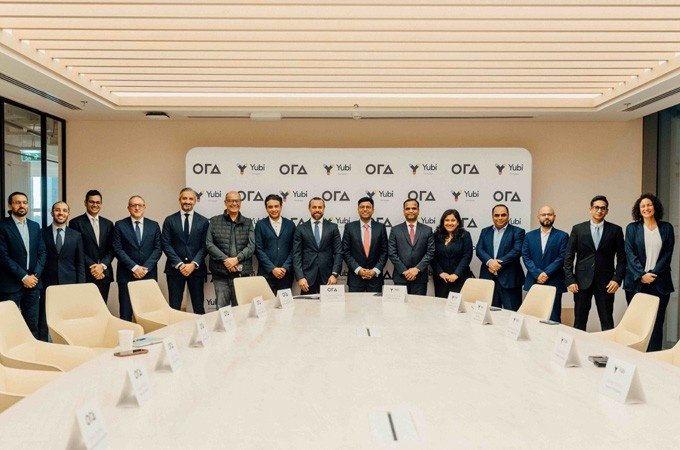As the Middle East accelerates artificial intelligence (AI) adoption to drive economic diversification, Saudi Arabia is emerging as a frontrunner. Speaking at the World Economic Forum (WEF), the Kingdom reinforced its commitment to global AI leadership, underscoring efforts to strengthen the digital economy and foster innovation.
A new PwC report highlights that 50% of Saudi Arabia’s deep tech startups are already focused on AI and the Internet of Things (IoT). By 2030, AI is expected to contribute 12% of national GDP. In 2024, the Kingdom ranked 14th globally and first in the Arab world in the Global AI Index.
Central to this strategy is a $40 billion fund dedicated to AI investments, with opportunities spanning chip manufacturing, large-scale data centers, and the development of Arabic AI models. These initiatives are part of the country’s vision to become a global hub for AI innovation and deployment.
AI as a Catalyst for Growth
AI applications are already transforming multiple sectors in Saudi Arabia. In healthcare, it supports early disease detection, predictive care, and pandemic prevention. In transport, AI underpins ride-sharing platforms and autonomous vehicles. In finance, it enables fraud detection, anti-money laundering, and personalized planning. In energy, AI optimizes grids, supports renewable integration, and advances sustainability through climate tracking, agriculture efficiency, and water management.
The Need for Governance
However, the report emphasizes that AI’s transformative potential must be matched with robust governance frameworks. Risks such as bias, data misuse, and lack of transparency could undermine trust if not addressed. Key governance measures include:
- Ethical guidelines ensuring fairness, accountability, and transparency.
- Risk management frameworks to identify and mitigate ethical and technological risks.
- Regulatory compliance aligned with evolving global standards.
- Cross-functional collaboration across IT, legal, and HR to manage AI impacts.
- Model validation, monitoring, and feedback loops to ensure accuracy and fairness.
- Certification under international standards like ISO 42001.
Saudi Arabia’s Regulatory Edge
The Saudi Data & AI Authority (SDAIA), established in 2019, has been central to shaping regulations and ethical frameworks. The Kingdom now ranks third globally in the OECD AI Policy Observatory, behind only the US and UK, reflecting its proactive governance and regulatory foresight.
Looking Ahead
According to PwC’s CEO Survey, 90% of GCC business leaders expect AI to enhance workflows, while 81% foresee it driving new products and services within three years. To seize this opportunity, Saudi businesses must embed governance, transparency, and ethics into their AI strategies.
With its massive investments, regulatory leadership, and strong governance structures, Saudi Arabia is well-positioned to set global benchmarks for responsible AI adoption and become a model for balancing innovation with trust.















